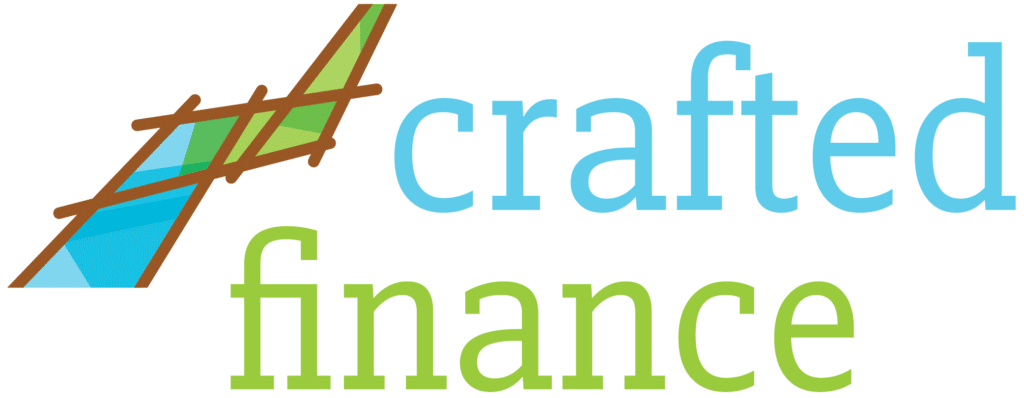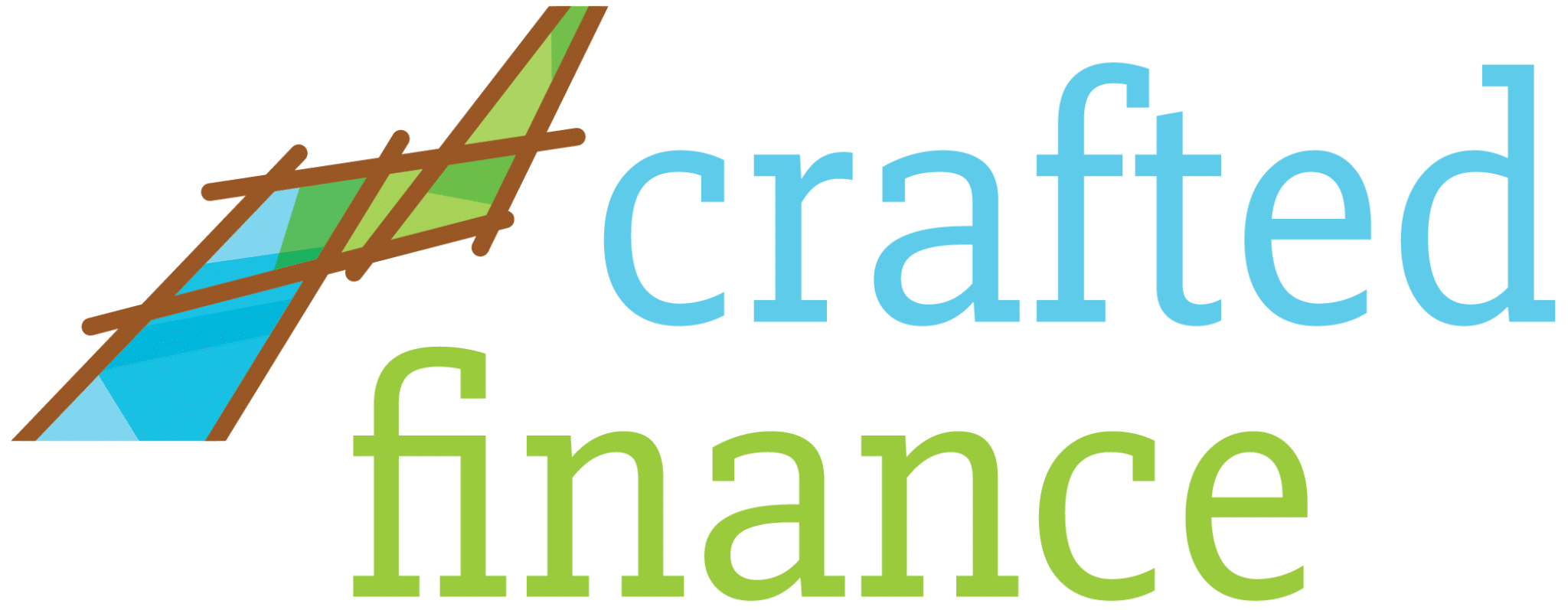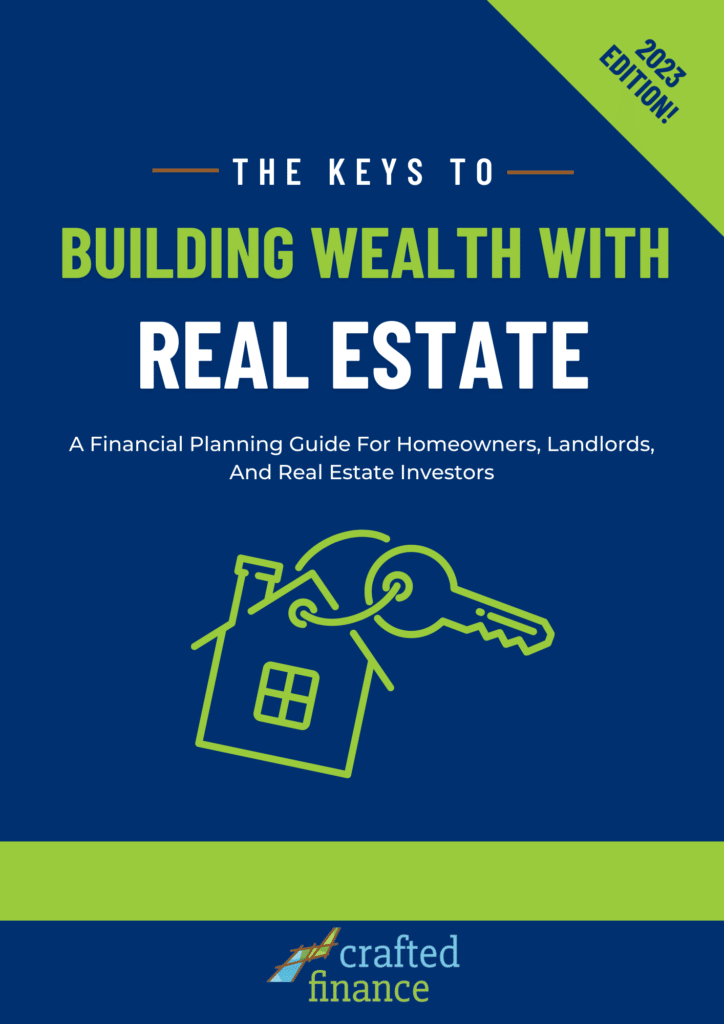You’ll hear many people harp on the benefits of real estate investing. And it’s for good reason! When we sit back and look at why our clients who own real estate have been successful – it isn’t a complex algorithm. The math is simple. They bought a property, and over the years it appreciated enormously in value.
But getting involved with real estate can be very expensive. If you’re thinking about buying a rental property, it may take well over six figures for just a down payment. So together in this article, we’re going to review five of the more-affordable ways to get involved.
1. Renting Out A Personal Residence
A great place to start in real estate is with your own home. You’re already paying for it. So it may be worth considering splitting expenses. By putting a spare bedroom on AirBnb, Facebook, etc. you get to run a bit of a rental experiment. If things go well, you’ll be bringing in extra income and building your renting confidence.
However, the negatives of this option hit close to home… literally. Bad tenants can do damage to your house, and make you (and your family) uncomfortable. If bad times come, you’ll be sharing the same appliances, roof, and problems.
2. Real Estate Investment Trusts
You don’t always have to think in the rigid terms of real estate investing vs stocks. That’s because Real estate investment trusts (REITs) are publicly traded on the stock market. You’re able to invest in them like you would a mutual fund. REITs are just companies that take ownership (and usually maintenance) of various income-generating properties.
As a REIT investor, you become an equity holder. And as an equity holder, you’re entitled to regularly-scheduled income in the form of dividends. These dividends are essentially like rent payments, and their size depends on your level of equity.
REITs are an incredibly low-cost, and simple way to get involved with real estate investing. And you’re able to get out of them quickly (a key difference when compared to owning a parcel directly). But one of the downsides of REITs is their propensity for market volatility. You’ll also have to accept the fact that you’ll have little to no control over what properties are a part of the REIT.
3. Crowdfunding For Real Estate
You’re probably familiar with crowdfunding platforms like Kickstarter. But in case you’re “not hip” (happens to the best of us!), these are online platforms that raise money for causes, inventions, businesses, and more. Well, it turns out there’s also crowdfunding for real estate. (There’s also non-public real estate companies you can buy into with other accredited investors directly if invited. These are different because they are not found on an online platform).
Similar to a REIT, crowdfunding allows many people to go into ownership of property together. As a result, the monetary entry barrier is much lower. You’ll only receive returns proportional to your ownership. And you’ll have little to no control of decisions made regarding the property.
Unlike a REIT, crowdfunding for real estate does not offer strong liquidity. You’ll likely be stuck with your investment until a property buyer is found. And it’s worth noting that you need to perform particularly strong due diligence with this option. Online fundraising has been plagued with scandals regarding fraud, so make sure to find a reputable platform/seller.
4. Living In A Multi-Family Home You Own
This is a variation of renting out a personal residence. If you own a duplex (or triplex/multiplex), you’ll be able to rent out the space(s) to tenants and collect income. The major benefits here are the greater degree of privacy and levels of income you can have from multiple tenants.
If you already own (or are paying off) a personal residence, you can decide to sell, and roll your equity into a multi-family home. This can make the acquisition of a duplex far more affordable. But of course, there’s still tradeoffs.
Multi-family homes can be harder to come by, and commonly carry higher price tags. If you sell a personal residence for a down payment, you may also be downsizing on personal space. And depending on the size of your family, that can be a difficult decision to make. Additionally, as you multiply the number of tenants, you also multiply the likelihood of tenant-related issues.
5. Delaware Statutory Trusts
Don’t worry, this option isn’t exclusive to Delaware residents! A Delaware Statutory Trust (DST) is just a model of property ownership. Similar to REITs, DSTs offer fractional ownership, which provides a lower cost barrier for entry. But the minimum entry price for DSTs is ~ $100,000.1 Still, this may be significantly less than a 20% down payment on a standalone rental property.
Also like REITs, DSTs often invest in a variety of property types. And this diversification can be great in protecting the security of your investment. And you won’t have the responsibility for property maintenance either. But you’ll have little to no influence over property decisions, and like with crowdfunding for real estate, little to no liquidity.
How Crafted Finance Can Help
At Crafted Finance, we specialize in real estate solutions. We recognize its power to build and protect our clients’ wealth. But we also understand how expensive, and nerve wracking it can be to get a foot in the door.
As a result, we take the time to walk our clients through a variety of real estate investment options. We show them how they can rent out their own property, or participate in fractional ownership in a variety of others.
With the expensive nature of real estate investing, it’s best to talk over ideas with a pro. Please feel free to schedule a complimentary consultation call, or call us directly at (650) 336-0598. We’ll be happy to find the right way to get started in real estate for you.








